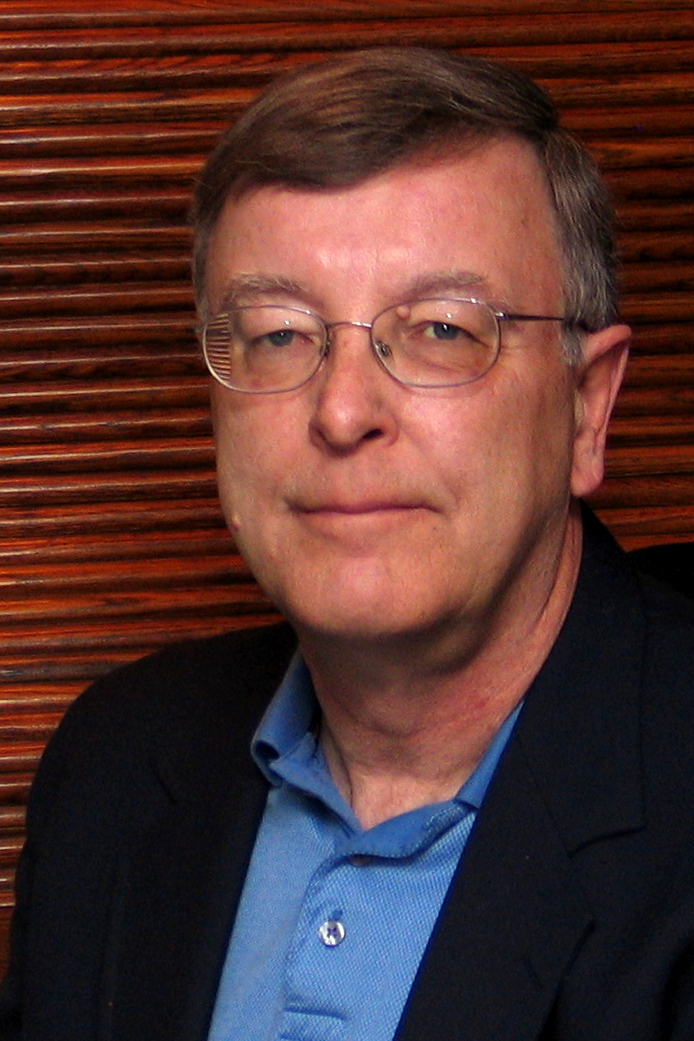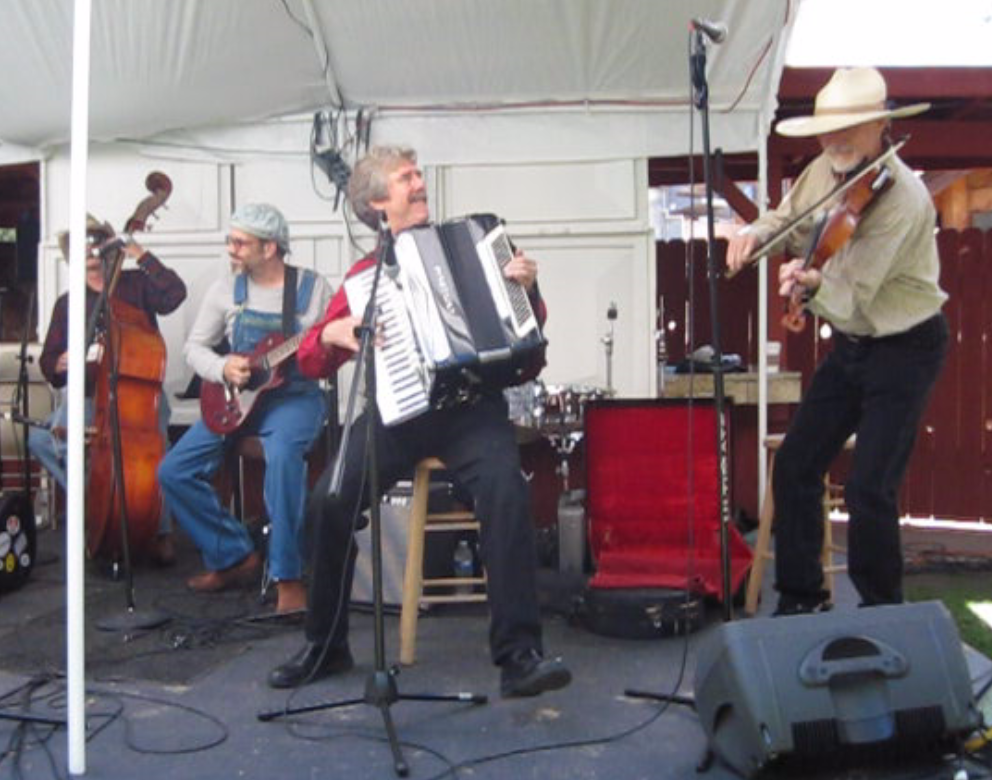Will readers catch your passion?
by Andy Scheer
For all I’ve ranted about the importance of tight, accurate writing, each summer I get a powerful reminder that there’s a lot more to art than mere precision.
The last weekend of July, I enjoy the traditional jazz festival in Evergreen, Colorado. Just as novels fall into many sub-genres (how many categories of romances are there?), traditional jazz also comes in many flavors. A couple years back, festival organizers branched away from the more typical and invited a group to play in the style called western swing (a fusion of cowboy music and big band jazz).
The festival has a tight budget and the big-name acts (such as Asleep at the Wheel) were out of the question. So they found a creative solution: bring from Florida five talented musicians to make their world debut playing in this style—in eight performances over three days.
Opening day I try to catch at least one set by each new group so I can discover which ones to follow from event to event. Having attended the festival many times, I expect excellence.
But that year a few groups were just going through the motions. The musicians were top-notch and they followed carefully crafted arrangements, but their heads stayed buried in their charts. They played all the right notes, but something was missing.

“Take the Hay Train” at the Evergreen (Colorado) Jazz Festival
The two groups I most enjoyed did have some charts, but that’s not where they kept their eyes. They were looking to each other—seeing what spontaneous riff the soloist of the moment was taking and deciding how they could both complement and respond to each other’s creativity. They also made good eye contact with the audience—and when they did they were smiling.
This was especially true for “Take the Hay Train,” the newly created western swing group. In the spirit of jazz they took familiar instrumental and vocal tunes (“San Antonio Rose,” “Jambalaya,” “Lady Be Good,” “Stormy Weather) and experienced the joy of bold experimentation. Yes, they missed some opportunities. At times they could have done better.
And that’s just what they did. Each of their next four performances got progressively better—without losing any of the spark of creativity they were enjoying by taking familiar stories—familiar tunes—and contributing their unique skills and styles.
Before they attempted it, I would have never expected the Duke Ellington/Juan Tizol big band tune “Caravan” could be performed by an accordion backed by a fiddle, guitar, and upright bass. As I think about it, I’m still grinning. Fortunately, Take the Hay Train had the chutzpa to try. Maybe there’s a lesson here for artists whose keyboard says qwerty.


